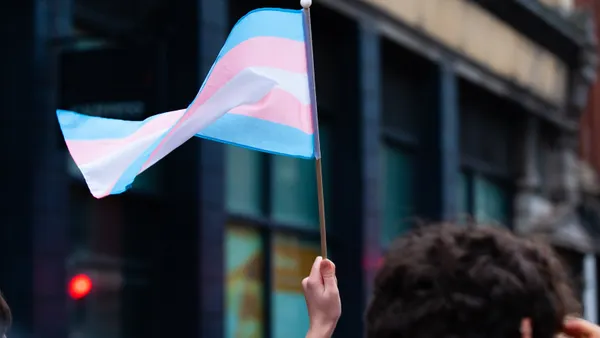Dive Brief:
- Activists are using state and federal Freedom of Information laws to burden researchers in paperwork and seek to uncover potentially embarrassing or out of context emails.
- The most high profile attacks have been against climate scientists, but the problem is not confined to one discipline.
- University leaders can address this problem by putting policies in place for responding to records requests and by being proactive in releasing data and other materials without having to be asked.
Dive Insight:
Climate scientist Michael Mann became the poster child for the legal harassment of university researchers in 2010 after he publicly fought a subpoena and a similar Freedom of Information request for documents related to his time at the University of Virginia. But according to the Union of Concerned Scientists (UCS) presentation at the American Association for the Advancement of Science Annual Meeting, the problem has only grown since then and isn't confined to climate research. The UCS report highlights historians, tobacco researchers, and epidemiologists who have faced what the group terms "abusive" records requests — those they say are designed to stall progress and inhibit the free flow of ideas. Lauren Kurtz of the Climate Science Legal Defense Fund agrees that the problem is becoming more widespread, but that it mostly goes unreported because few targets wish to fight back as publicly as Mann.
Open records laws vary by state, but a typical request might ask for decades' worth of emails, in addition to unpublished data and other communications. Complying with the requests might take dozens or hundreds of hours, and fighting them could entail a lengthy and expensive lawsuit.
One of the major issues for researchers facing these requests is that their departments and universities are caught off-guard and lack a clear policy for how to respond. “If lawmakers, universities, and researchers develop a shared understanding of what they should disclose and a system for proactively doing so, they can avoid costly and time-consuming lawsuits and other battles," writes report author Michael Halpern. The group has previously published a guide for researchers who are facing abuse due to their work.












